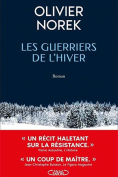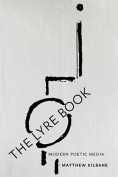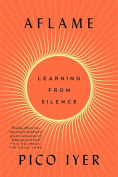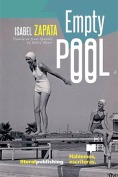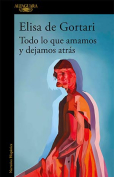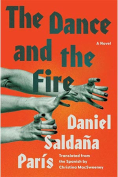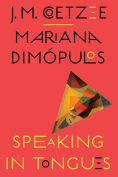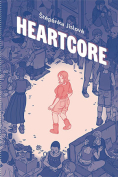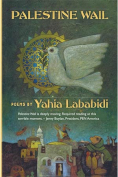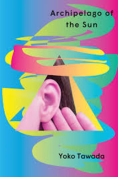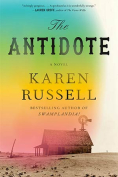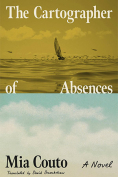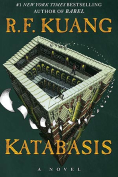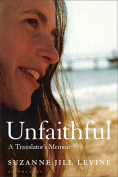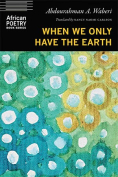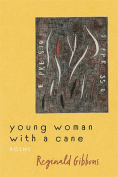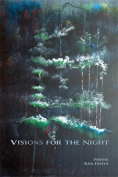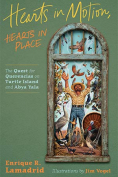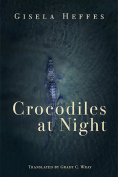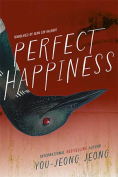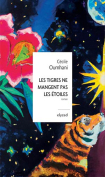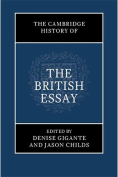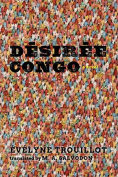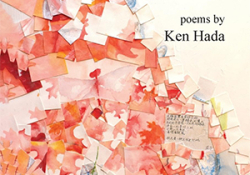Visions for the Night by Ken Hada
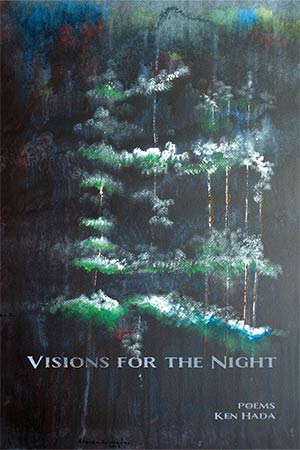
Ringwood, Oklahoma. Turning Plow Press. 2025. 134 pages.
Visions for the Night is the twelfth collection in Ken Hada’s expansive body of work. In it, we find moments of introspection and reflections on hard-earned wisdom. Though he offers familiar landscapes and themes, his voice feels fresh and new. Like Whitman, he and his collection contain multitudes. There are poems about the sea, the Oklahoma prairie, his relationship with himself and others, and the simple beauties of nature, all within the pages of the book.
As always, Hada’s poetry is deeply human as well as breathtakingly honest. We see a subtle critique of religious hypocrisy, yet a clear reverence for the powers that be. Hada presents himself, not as a religious man, but a deeply spiritual admirer of the divine. His church is the natural world, and earth is the being to which our hearts should be tuned. “The stars above, the soil below, / in conspiratorial gesture, speak / the only words remaining, / too often, unheard.” It is in nature where we can connect to our roots, the being at the center of it all. Where we find what is most important.
In Visions for the Night, Hada dances gracefully with musings of mortality, encourages kinship with nature, and invites the reader to rest in solitude with him. For it is there in the solitude of nature where we find the silence and stillness necessary for meditation, and likewise introspection with oneself. Through these poems, meditations, and proverbial musings, we see a man in the latter chapters of his life reflecting on a culmination of what he has learned. He is candid about his struggles with self, the tension between what he is and what is not. In “Directions,” he writes: “I am fueled by anger and curiosity— / two emotions that have marked my life. // I want to know and ignorance makes me mad.” By being unflinchingly honest about himself, Hada coaxes readers deeper into self-reflection. Honesty begets honesty, and that is the aim of much of his poetry.
Hada writes with a poetic voice that is unquestionably his own—sagacious and rooted in nature. In “A Remembered Sun”—the final poem of the collection—he leaves us with a concluding poem that emphasizes what we must do for ourselves. Something for readers to contemplate long after they have finished reading:
The only way to be
is to become less
than once imagined,
be our own light —
at times, the only sun
we can know.
In the end, it is all we can do as darkness falls all around us—as it will. Welcome change. Be unafraid to become what we may never have imagined. Harness the power within and light the way for ourselves. Visions for the Night offers such light for readers, through language and poetry, through the images and wisdom contained within the collection. Hada’s compilation of visions serves to highlight an overarching theme: oftentimes we must make our way alone through the darkness. We cannot wait for dawn to break; we’ve got to be our own sun and pierce deeply—through language, through poetry, through the darkness.
Gianna Loboda
University of Oklahoma

